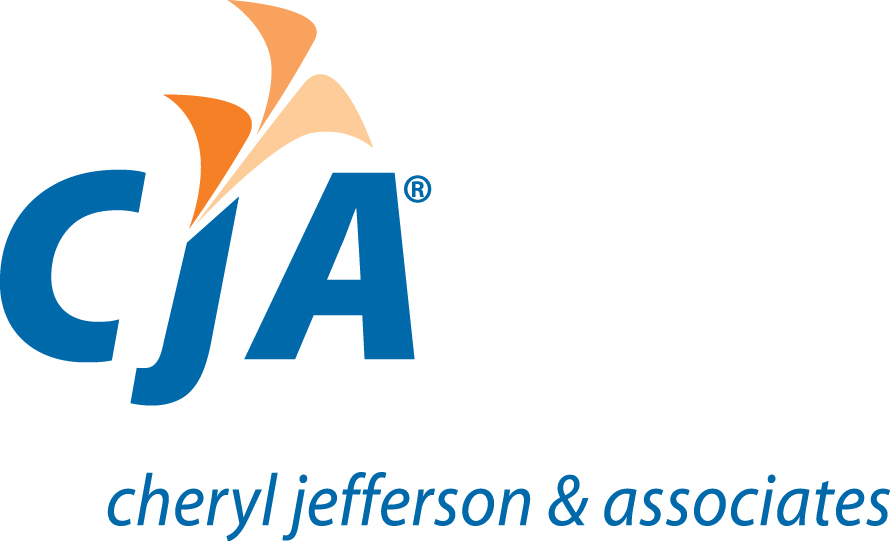The Ins and Outs of Government Contracting
What is Government Contracting?
Government contracting refers to the process through which the government procures goods, services, or projects from private sector businesses. It allows the government to obtain the necessary resources to fulfill its functions and obligations.
Government contracts can be highly lucrative for businesses, providing a stable source of income and the opportunity to work on significant projects. However, engaging in government contracts requires an understanding of the ins and outs of government contracting, including the complex procedures, regulations, and requirements involved.
Key Aspects of Government Contracting
- Types of Government Contracts
-
-
- Fixed-Price Contracts: The government pays a set price for a specified product or service.
- Cost-Reimbursement Contracts: The contractor is reimbursed for allowable costs incurred, plus a fee that represents profit.
- Time and Materials Contracts: The government pays for the contractor’s labor and materials at predetermined hourly rates.
- Indefinite Delivery/Indefinite Quantity Contracts: These contracts are used when specific quantities or delivery schedules are uncertain.
-
- Contracting Methods
-
-
- Open Competition: Multiple businesses can compete for government contracts through a formal bidding process.
- Simplified Acquisition: For contracts below a certain threshold, the government can use simplified procedures to award contracts without a lengthy competitive process.
- Sole Source: In specific circumstances, the government may award contracts directly to a single company if it’s determined to be the only viable source or have a special designation like Service Disabled Veteran Owned or 8(a) program.
-
- Contracting Vehicles
-
-
- General Services Administration (GSA) Schedules: These pre-negotiated contracts provide a streamlined process for federal agencies to purchase a wide range of goods and services.
- Multiple Award Contracts (MACs): These contracts are awarded to multiple vendors, who then compete for individual task orders.
-
- Registration and Compliance
-
-
- System for Award Management (SAM): Businesses must register in SAM to be eligible for government contracts.
- Federal Acquisition Regulation (FAR): The FAR is a set of rules and guidelines that govern the acquisition process for most federal agencies.
- Federal Procurement Data System (FPDS): The real-time, relational database that serves the government acquisition community as the authoritative source of contract information.
- Contractor Performance Assessment Reporting System (CPARS): A web-based system that allows government agencies to report and rate contractor performance.
- Small Business Programs: Various programs exist to promote small business participation in government contracting, such as the Small Business Administration’s 8(a) Business Development Program, HUBZone Program, and Women-Owned Small Business Program.
- Compliance and Certifications: Depending on the industry, specific certifications and compliance requirements may be necessary, such as ITAR (International Traffic in Arms Regulations) for defense-related contracts.
-
- Proposal and Contract Management
-
-
- Request for Proposal (RFP): The government issues an RFP outlining its requirements, evaluation criteria, and contract terms. Contractors respond with proposals.
- Proposal Development: Crafting a compelling and compliant proposal requires understanding the government’s needs, differentiating your business, and demonstrating capabilities and experience.
- Contract Performance: Successful contract execution involves adhering to contract terms, providing regular reports, managing subcontractors (if applicable), and meeting deliverables.
-
- Ethics and Integrity
-
-
- Government contracts are subject to strict ethics regulations, including rules against bribery, conflict of interest, and favoritism.
- Compliance with ethical standards, including the Federal Acquisition Regulation (FAR) and agency-specific regulations, is essential.
-
- Post-Award Actions
-
- Contract Administration: This involves managing day-to-day operations, ensuring compliance, tracking progress, and addressing any contract modifications or issues.
- Performance Evaluation: The government evaluates the contractor’s performance against predetermined criteria.
- Contract Modifications: Changes to the contract may occur during its execution, such as scope changes, extensions, or adjustments to the terms and conditions.
Navigating the world of government contracting requires careful planning, knowledge of the regulations, and the ability to effectively compete in a complex and highly regulated environment. It is advisable for businesses interested in government contracts to thoroughly research the process, seek guidance from experts, and stay updated on the latest regulations and opportunities in order to maximize their chances of success.
Are you a Government Contractor? Virtual CFO provides GovCon-centric strategic accounting for small businesses providing services in technology, architecture, engineering, aerospace, and project management industries.
We know your pain points – let us help you relieve them – schedule a consult.

